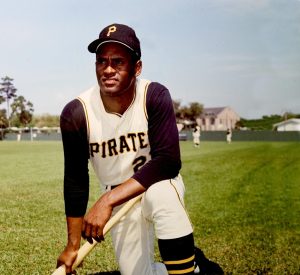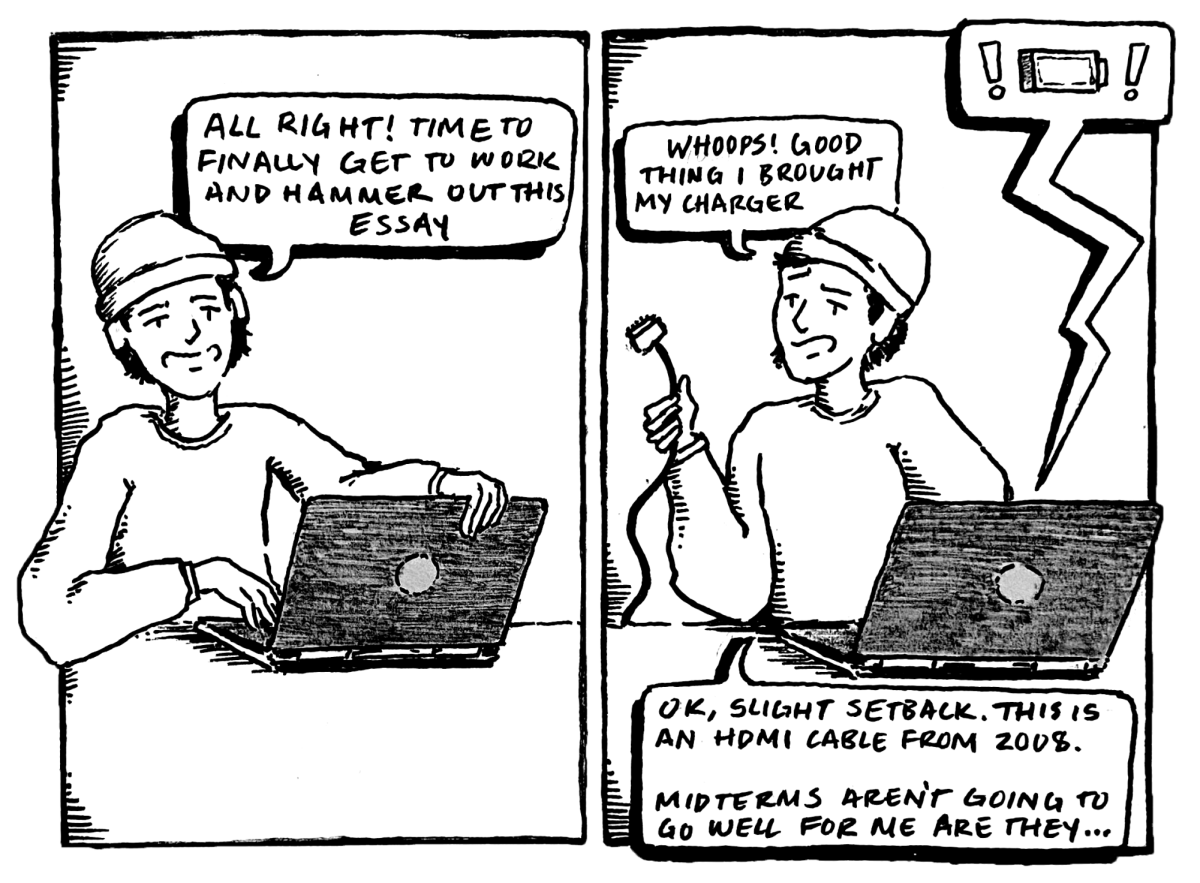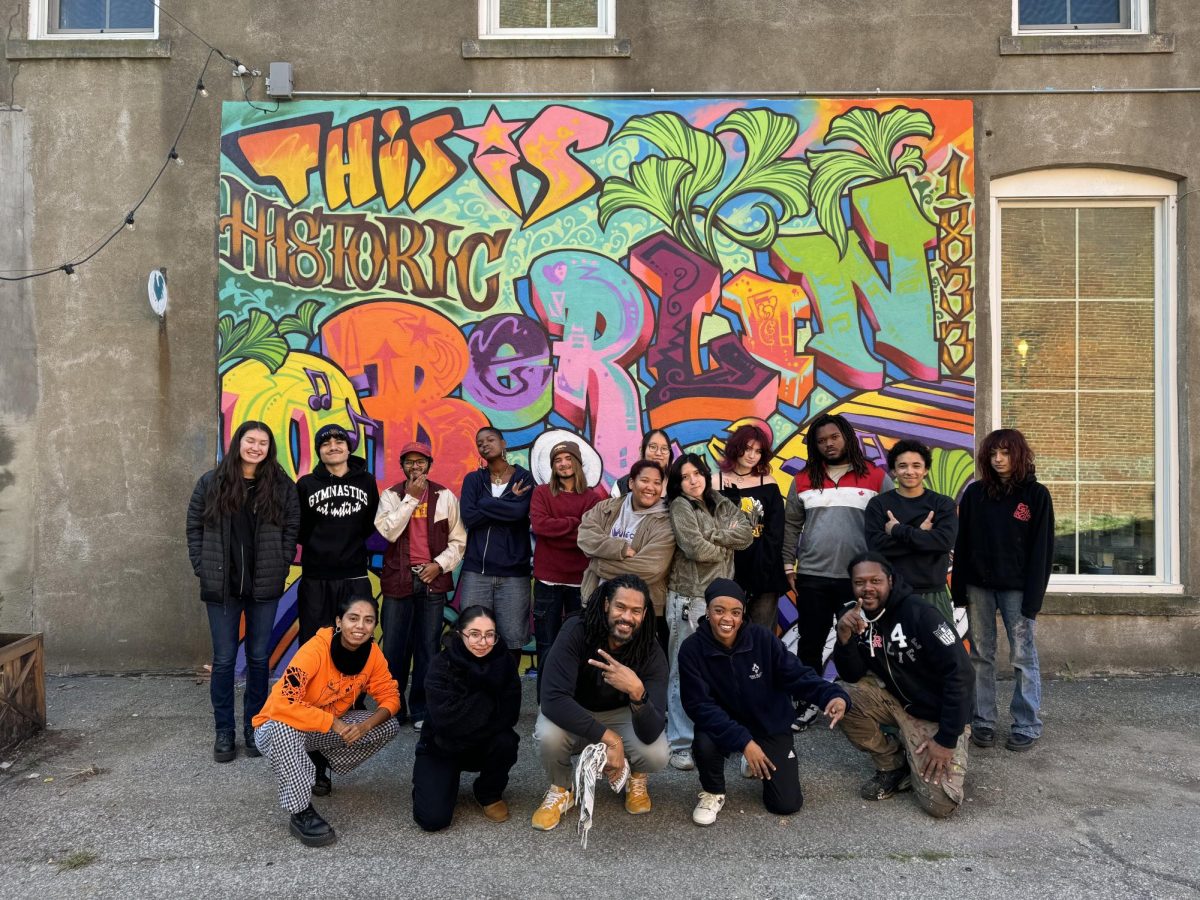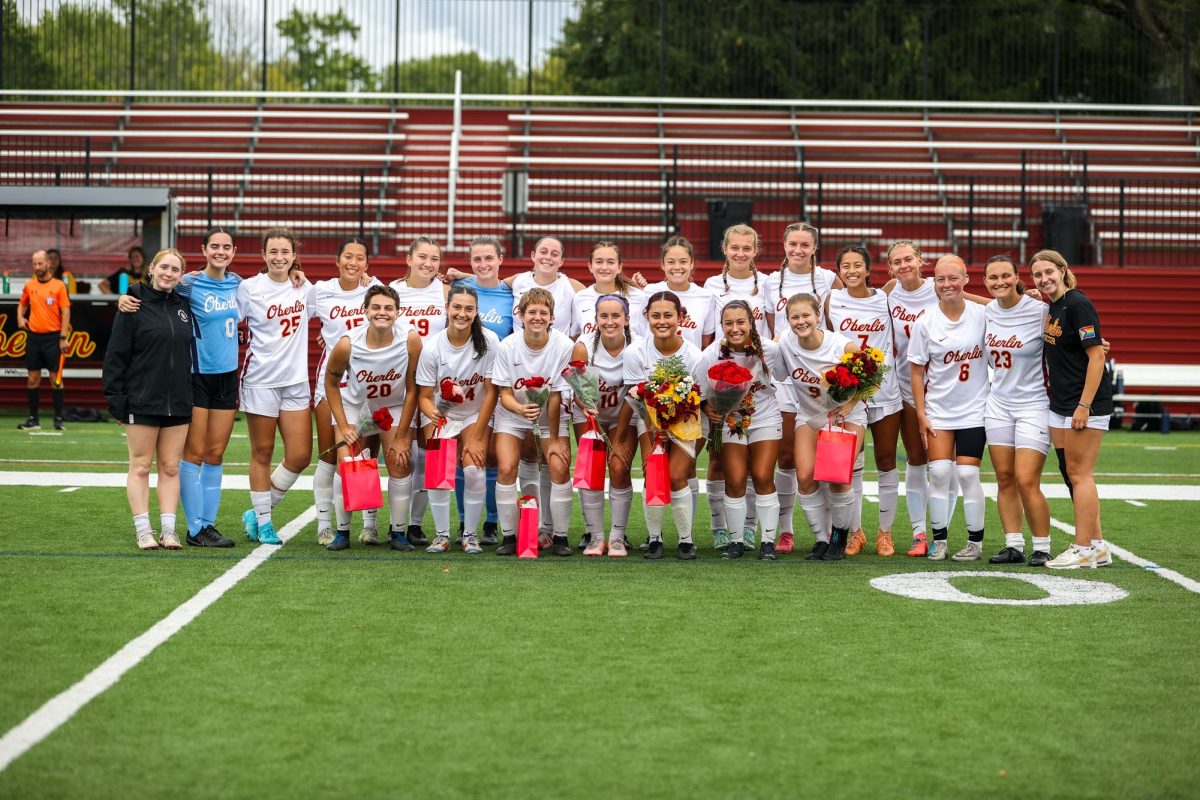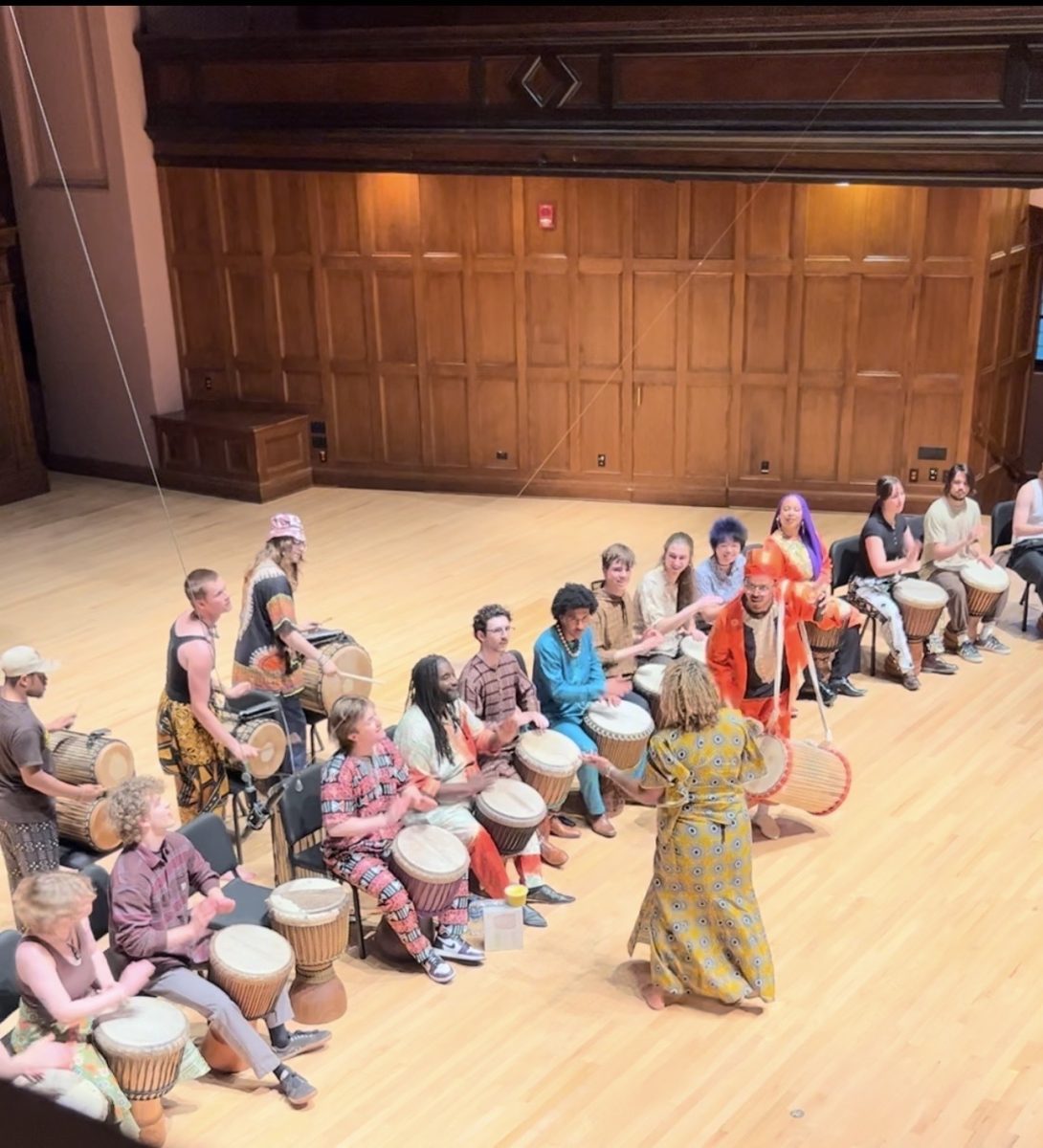Conservatives Employ Dated Image of America
February 27, 2015
On July 16, 1984, then-Governor of New York Mario Cuomo gave a stirring keynote address at the Democratic National Convention. Though Walter Mondale — the Democratic nominee for President — faced long odds against formidable incumbent President Ronald Reagan, Cuomo brought the crowd to its feet by directly taking on Reagan’s vision of America at the time as a “shining city on a hill.”
Cuomo challenged Reagan’s sunny optimism about America’s trajectory by highlighting the experiences of the marginalized poor all across the country. Citing the crippling effects of rampantly growing social and economic inequality, he likened the American narrative to more of a Tale of Two Cities than a “shining city on a hill.” Cuomo’s understanding of American life as being comprised of multidimensional experiences and unique differences that are bound together by common aspirations still resonates more than 30 years later.
One need not look far to see that the American story remains a tale of two — if not ten or twelve — cities. While the economy is finally recovering from the Great Recession, real wage growth remains disproportionally slanted toward the extremely wealthy. When asked in a recent survey about citizen-police relations in the context of Michael Brown’s murder in Ferguson, MO, 84 percent of Black respondents said that police are more likely to use deadly force against Black people than people of other races. A majority of white people responded that race is not a factor. From incarceration policy to educational models to even the food that we prefer to eat, numerous polls demonstrate that there are deep rifts in the American population along a number of economic, social and ideological grounds.
Former Mayor of New York Rudy Giuliani (R) tore open one of these rifts last week while speaking about President Obama at a fundraiser for Wisconsin Governor and presumptive GOP presidential candidate Scott Walker. Speaking freely in front of a crowd of well-heeled conservative donors, Giuliani said, “I do not believe that the president loves America. He doesn’t love you. And he doesn’t love me. He wasn’t brought up the way you were brought up and I was brought up; through love of this country.”
Walker chose to remain silent when pressed about Giuliani’s comments. He said, “[Giuliani] can speak for himself. I’m not going to comment on what the president thinks or not.” During an eerily similar moment earlier in the week, when asked whether or not he thought President Obama was a Christian, Walker waffled again. “I don’t know. I’ve actually never talked about it or I haven’t read about it … how [could] I say if I know either of you [reporters] are a Christian?”
Both exchanges are extraordinarily important in understanding both the state of the American populace — specifically within the Republican Party — and Walker’s capabilities as a leader. Both Giuliani and Walker’s comments speak to the political power that a dark subsection of American ideology — the instinctual, primitive fear of “the other” —is still maintained in our national collective consciousness. Most recently, fear and distrust of the other has manifested itself in the controversy over Obama’s birth certificate, the characterization of Seattle Seahawks cornerback Richard Sherman as a thug and newly inflamed prejudices toward all Muslims in the wake of ISIS’s growth. That which is not white, wealthy and cleanly bound up in a baseball and apple pie-loving nuclear family is quickly cast off as un-American.
While this fear won’t be eliminated in the American population anytime soon, it’s crucial that our political leaders actively shift the national discourse from one of distrust and exclusivity to one that accepts differences between people with unconditional understanding in the name of national unity and empathy. Walker had two such opportunities but unfortunately chose the more cynical path of playing to the conservative right’s primal instincts. He’s demonstrated that he’s incapable of being an effective president because he cares more about pandering to win an election than leading the country toward a more enlightened understanding of what it means to live in an America; something that is increasingly a tale of many cities. At a fundamental level, the question facing our nation is not whether Obama or Walker or Giuliani love America, as they all clearly do in one form or another. It’s which vision for America we choose to love.





